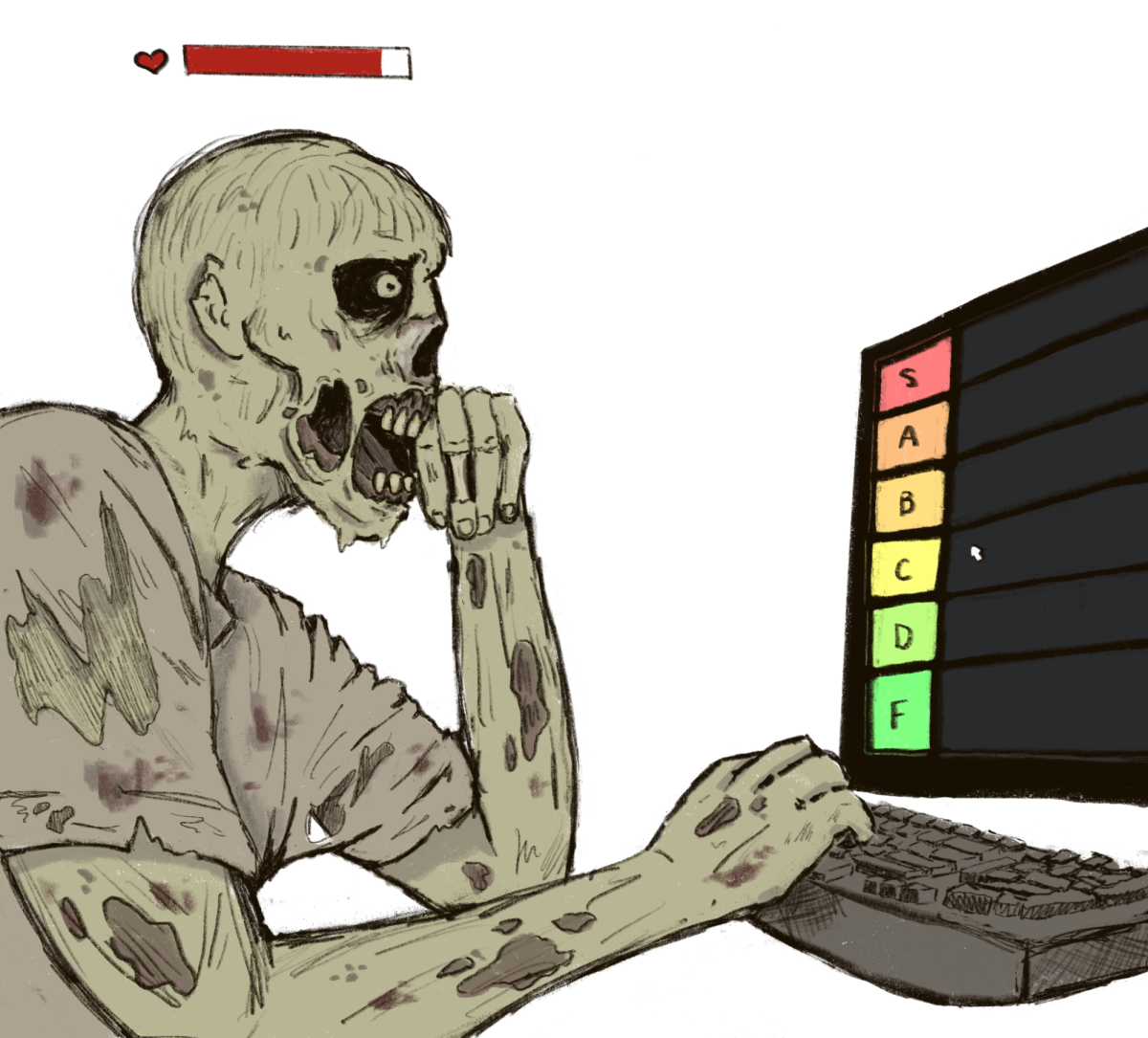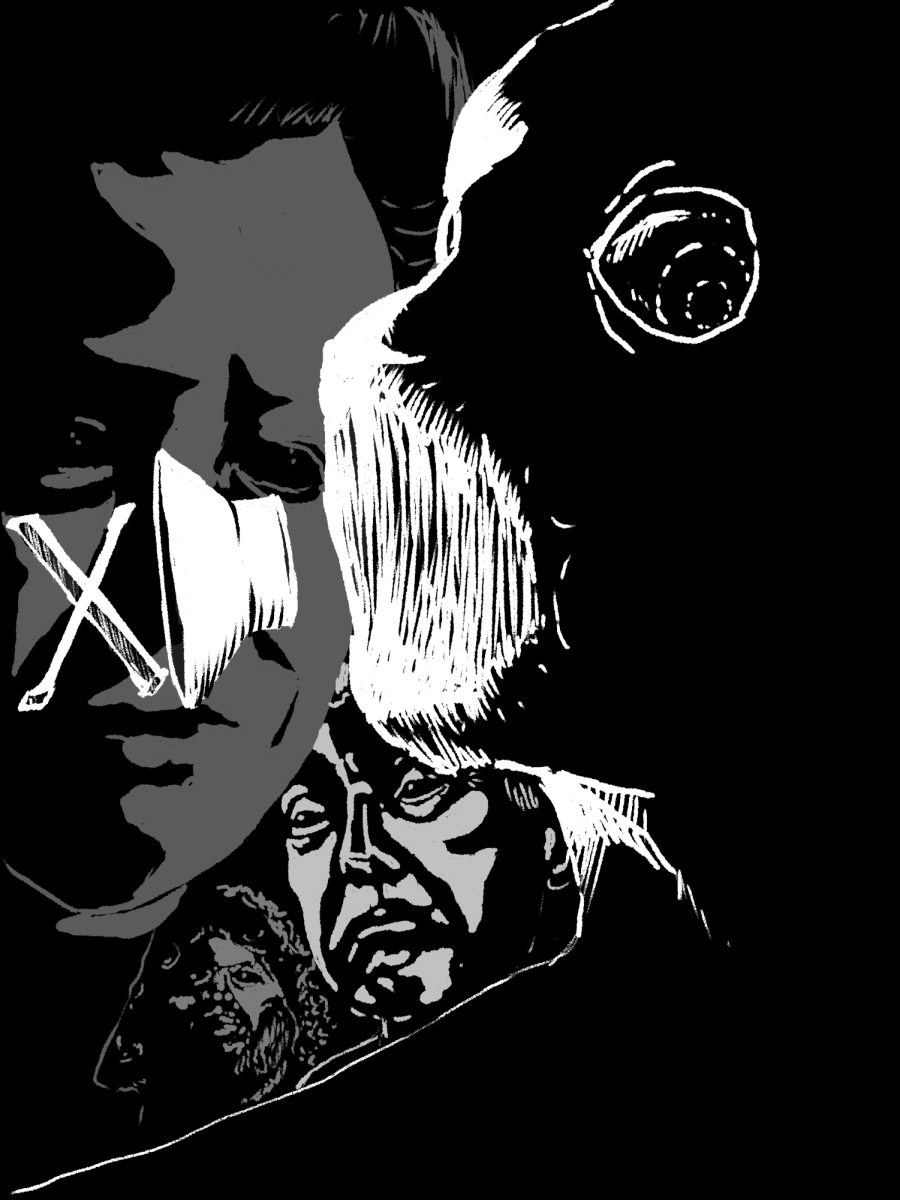
You’ve heard it before, you’ll hear it again: the last 15 years have given rise to technologies that have changed almost every aspect of our daily lives.
Cell phones and mobile computers of every shape, size and customizable color have ascended to the status of sacred objects that we insist on having on us at all times, while home phones have become increasingly redundant. For most Americans born in the last 30 years, sending letters is almost laughable. The email is a faster, cheaper and more flexible means of communication. And now even the email is being gradually edged out by texting.
This evolution isn’t just true of phones and other means of communication. In fact, there is another battle for survival that most have written off as a forgone conclusion. It’s one that has even larger implications about how we record and access our history, our science, our culture and our imagination. It’s one of the greatest inventions of all time, one still being used today in roughly the same form it was thousands of years ago. The book.
Every few months for the last six or seven years, some pundit, critic, writer or skeptic has reminded us that print is dead or dying. Or at the very least attached to a breathing machine in some nursing home in Arizona, waiting for its nephew to pull the plug. Or, well … not.
Despite the sheer number of times technology has put its knife through the heart of the book with a new generation of ebook eReader, be it Kindle, iPad, Sony knock-off or Nook, the old-fashioned, paper-and-ink book is still kicking. In 2013, the ebook’s recent domination of the marketplace faltered. Up until that point, the ebook’s trend in sales growth had been an almost exponential rise over the preceding years, a stark contrast to the steady decline in paper book sales.
According to the Association of American Publishers, in the first eight months of 2013, hardcover book sales increased over 10 percent, doubling the increase in adult ebook sales of 4.8 percent and crushing the total sale of ebooks in America, which was down 5 percent. This is a surprising turn of events considering the trends of 2010, the year many tech-pundits considered a turning point in the history of publishing because Amazon sold three times as many Kindle books in the first six months than it did in the first half of 2009.
Four years later we are still waiting for the last gasp. Even with authors like Jonathan Franzen moaning about the tragic state of current affairs in which “the physical book goes on the endangered-species list … responsible book reviewers go extinct … independent bookstores disappear,” contemporary readers still see books all around them on a daily basis.
This is not the first technological revolution that has raised fears about the extinction of human tradition and culture, not even close. Over two millennia ago, Plato worried that dangerous practices like reading and writing would weaken our ability to remember things. To some degree he was right, but by time of the Renaissance the great thinkers were so attached to written word that they were afraid that the printing press cheapened it by making it too easy to publish, republish and mass produce literature.
As Filipo di Strata, a Venetian magistrate in the 15th century complained, “The pen is a virgin, the printing press is a whore.” Today people are terrified we will lose something essential and romantic about the book if we lose the binding, paper and ink, yet several hundred years ago the philosophers and priests of Europe were concerned about the consequences of reading silently alone in one’s home as it replaced the communal act of reading illuminated manuscripts aloud. But the book didn’t kill the church or the cathedral any more than the newspaper brought about the end of the book, as Théophile Gautier suggested it would in his 1835 novel “Mademoiselle de Maupin.”
Now, in the 21st century, we can see that these aren’t the kinds of technology that ever entirely replace one another. Television did not entirely supersede radio, and although we have all heard the argument that the mindless and addictive invention of film has pushed literature out of the picture, it has never done so entirely.
In 1966 Marshal McLuhan wrote in “Life” magazine that “clotheslines, seams in stockings, books and jobs––all are obsolete.” But all of these ostensible antiques have survived, because for one reason or another, some portion of the population still finds them useful or appealing. In October of last year, Voxburner, a British marketing research agency, conducted a survey which revealed that 62 percent of people between the ages of 16 and 24 prefer printed books to electronic ones. Despite all the sensationalists who insist on writing its obituaries, print is not dead. Not yet.












